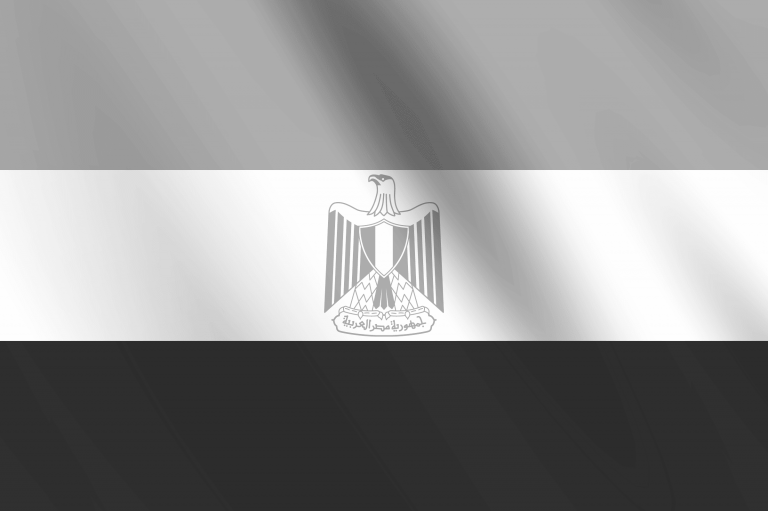Blog
Other service activitiesSouth Africa
Know Your Client
The global fight against corruption, money laundering and terrorist funding activities has seen the obligation to ‘know your client’ become an inexorable international trend, which has been brought even closer to home with the Gupta, VBS, Steinhoff and Bosasa delinquencies. To bring South Africa in line with international efforts and to meet our commitments to the G20 in this regard, government promulgated The Financial Intelligence Centre Act (Fica) of 2001 (amended in 2017) to create the Financial Intelligence Centre, which has become one of the most effective institutions fighting corruption and crime in our society.
Malawi
Malawi Snapshot
Economic growth forecasts remain high for Malawi despite extreme poverty, food insecurity and recent protests over its May elections. President Peter Mutharika, voted in by a small margin in the election, which protesters across Lilongwe and Blantyre say was rigged, said in his state of the nation address that economic growth would reach 5% in 2019 on the back of higher agricultural production and growth in mining, ICT, and financial services.
Other service activitiesSouth Africa
Department of Public Enterprises Should Be Planning its Own Demise
An opinion piece by Who Owns Whom’s MD, Andrew McGregor, looks at the unintended impact of giving a single minister control of the largest state-owned entities (SOEs) back in 1999....
Botswana
Botswana Snapshot
Botswana has a long-held reputation as a stand-out example of political and economic stability on the continent, which has seen its economy grow at an average of 5% over the past decade. Its reputation has begun to show cracks as former president Ian Khama and his chosen successor president Mokgweetsi Masisi lock horns in a battle which has implicated African Rainbow Minerals executive chairman Patrice Motsepe and his sister Bridgette Radebe, executive chairperson of Mmakau Mining.
Other service activitiesSouth Africa
Small Business – Big Talk but Little Commitment
Who Owns Whom’s MD Andrew McGregor says that, despite president Cyril Ramaphosa reaffirming government’s commitment to promote small and medium-sized enterprises (SMEs) and create jobs, efforts to support SMEs in...
Other service activitiesSouth Africa
South Africa: We Need Sunlight To Disinfect Capital
In an article published on The Africa Report, Who Owns Whom Managing Director Andrew McGregor calls on the public to reject the questionable morality of the private sector and asks...
Financial and insurance activities
Manufacturing Leads Growth
Dear WOW User The South African economy pulled itself out of its second recession since 1994 in the third quarter of 2018 with a quarter on quarter GDP growth of 2.2% with contributions from the following sectors; Manufacturing – 7.5% Agriculture – 6.5% Transport – 5.7% Trade – 3.2% Finance – 2.3% State – 1.5% Personal Services – 0.7% Of the 12 industries research by Who Owns Whom in December 2018 and January 2019 six where in the high performing manufacturing sector; The Confectionery Industry South Africa has a sweet tooth with the chocolate market valued at approximately R6.4bn and sugar confectionery at between R12.5bn and R13.5bn.
Egypt
Egypt Snapshot
Egypt’s economy grew 5.3% in the fiscal year to June 2018 from 4.2% in 2017 as the country continued its recovery through painful years of reforms, largely prompted by conditions of a US$12bn International Monetary Fund (IMF) loan. The 2016 floating of the Egyptian pound saw it immediately devalue by 50%, while inflation soared and import prices became prohibitive. At the same time, the government introduced value-added tax and withdrew fuel and food subsidies.










